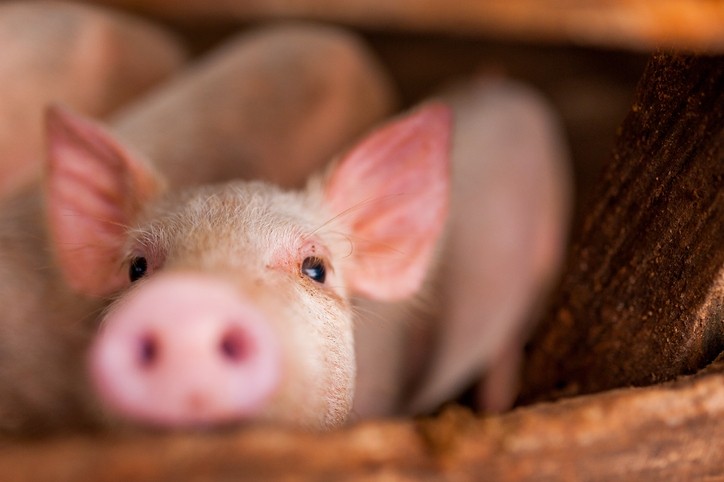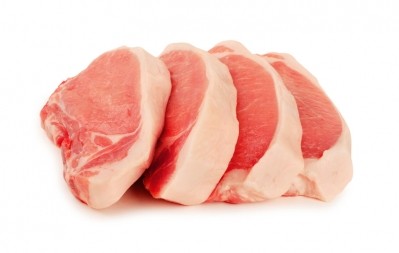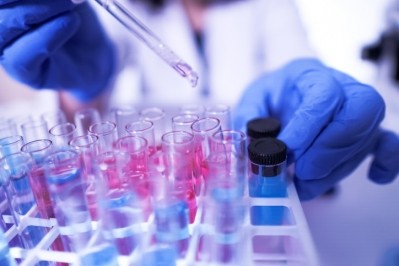Hormel Foods cuts ractopamine use in swine supply

Hormel Foods is a 125-year-old company that works with 80 countries and has more than 20,000 employees globally. The company had an annual revenue of $9.5bn in 2019. The Minnesota-based food and meat giant announced last week that it was asking its producers to stop the use of the feed additive.
“We can confirm that we have informed our network of independent farms and suppliers that we will no longer be accepting any supply that has been fed or exposed to ractopamine as of April 1,” the company said in a statement provided to us.
“We have been actively monitoring the changing global market dynamics for several years and believe this decision will further position us to meet growing international demand,” Hormel said.
The feed additive, ractopamine, is approved for use by the US Food and Drug Administration (FDA) in beef cattle and swine. China, the EU and some other countries ban its use for food safety reasons. Canada also uses ractopamine in its livestock.
Market expansion, hog production
Expansion into new markets is a company objective. Although it is a “global branded food company” more than 90% of its sales are in the US.
“We know there is a distinct opportunity to grow faster internationally,” said James Snee, CEO of Hormel, in the company’s 2019 annual report. “We have great multinational platforms in China and Brazil and are working hard to gain meaningful scale in each country.”
Thus far in 2020, the company has witnessed increased volume and sales based on growing fresh pork export volume and demand in China following swine herd losses from African Swine Fever (ASF), as per Hormel's first quarter results. However, it is also starting to see a negative influence from the coronavirus outbreak in international markets.
Pork is a primary raw ingredient used in company products, Hormel said. The majority of the hogs used by the company are raised through supply contracts with producers located predominantly in Iowa and Minnesota.
In 2019, about 93% of hogs purchased by Hormel were acquired through supply contacts, the company said in its annual report. Supply contract use helps ensure a continuous supply of raw materials.
Swine industry trends
Hormel is not the only US-based company to stop accepting hogs raised using ractopamine as it focuses on supplying export markets.
In October, Tyson Foods announced that it was planning to stop buying swine raised using the additive starting in February. Following the change, all of the processor's domestic and export products will be ractopamine-free.
Similarly, meatpacker JBS USA is reported to have said it stop allowing the use of ractopamine in hogs it purchases. It stopped using the feed additive in its internal production in 2018.
JBS USA is owned by JBS SA in Brazil.
In addition, Smithfield Foods does not use the feed additive with the pigs raised in the company’s vertically integrated production system or on its own or contract farms, and some of its facilities are dedicated to the production of animals that have never received ractopamine.















